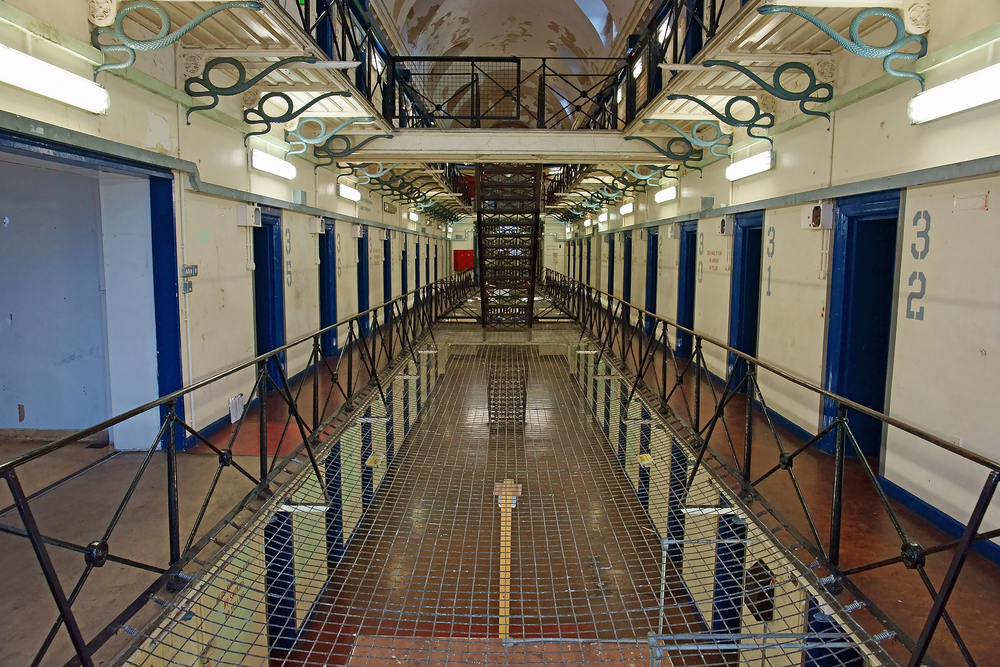The British government has requested to temporarily use lock-ups at police stations to house inmates as it seeks to ease the burden on overcrowded prisons.
More than 1,000 new offenders have entered the U.K. penal system in the last two months after a surge in court hearings as criminal barristers returned to work following an industrial action over legal aid fees.
Justice Minister Damian Hinds told lawmakers on Wednesday: “In recent months, we have experienced an acute and sudden increase in the prison population, in part due to the aftermath of the Criminal Bar Association strike action over the summer, which led to a significantly higher number of offenders on remand.
“With court hearings resuming, we are seeing a surge in offenders coming through the criminal justice system, placing capacity pressure on adult male prisons in particular.
“I’m announcing today that we’ve written to the National Police Chiefs Council to request the temporary use of up to 400 police cells through an established protocol known as Operation Safeguard,” he added.
However, as police stations are put on standby to take in more inmates, the longer-term trend of a growing prison population and fewer prison officers is a ticking time bomb waiting to explode.
The latest Ministry of Justice data puts the current prison population in the U.K. at 82,839 as of Nov. 25. However, government projections estimate this figure will increase to 98,500 by March 2026.
The U.K.’s current usable operational capacity across its prisons is 84,035, with the Ministry of Justice recently revealing it plans to open “three new prisons over the course of the next few years” and build “on existing sites to offer places for another 7,700 inmates.” However, this increase still falls significantly short of the department’s own population projections.

Add to this a growing trend of prison officers leaving the profession over work conditions and pay, and it is clear a storm is brewing on the horizon.
According to Ministry of Justice figures, one in seven prison officers left their roles within the last year alone, and more than half of existing staff have only been in the job for less than three years.
A problem with retention and a less experienced workforce could see Britain’s prisons become unfit for purpose.
“You can’t increase a prison population when you can’t staff the prison population,” Prison Governors Association President Andrea Albutt recently said on the growing problem. Prison Reform Trust Director Peter Dawson expressed his concern over the effect that understaffing and overcrowding in U.K. prisons will have on the criminal justice system moving forward.
“Overcrowding makes for a very dysfunctional system, and it increases the risk to all of us because people are coming out without having had the help they should have without preparation for their release, and also, frankly, very disillusioned by a system which locked them up, but then treated them without justice once they were in prison.”
A Ministry of Justice spokesperson assured that plans are afoot to increase capacity and staff personnel, insisting that “pay has increased by more than £6,000 a year for trained officers” and the department plans to “recruit an additional 5,000 by the mid 2020s.”






